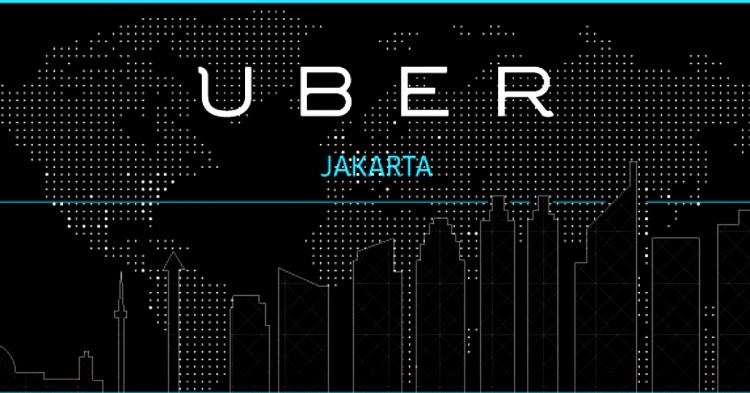Today, Uber is celebrating an important milestone in its push for global dominance. The ride-hailing service has been given the green light to operate legally in the Indonesian capital of Jakarta, assuming it meets all requirements laid out by government.
Jakarta is an important city for Uber. The country, with around 250 million people, is seen as one of the big emerging opportunities in Asia, after India and China, despite all the challenges in terms of infrastructure.
And while Uber’s already been operating in Jakarta — taking advantage of a legal grey area while the government there mulled over regulations, it hasn’t had the easiest time. Last month, local police seized “a dozen vehicles” belonging to Uber drivers, and the company has said it’s not making a profit in the country.
The conditions outlined for Uber to operate legally in the city include setting up a legal entity (which it’s already done/is doing), paying tax, meeting insurance requirements, and conducting regular vehicle checks for partner drivers.
“Yesterday, the Jakarta Government took a first step towards making history,” Uber said in a blog posting. “With the Indonesian Investment Coordinating Board (BKPM)’s latest approval of Uber’s foreign investment (PMA) application, Jakarta Governor Basuki Tjahaja Purnama (Ahok) fully recognizes Uber’s legality and value.”
“In fact, at the meeting yesterday with the Provincial Heads, the Governor went on to highlight the need for reform within the ranks of DISHUB to ensure corruption is removed and ridesharing technologies like Uber, [which] bring tremendous benefits to the transportation ecosystem, are given clear direction and allowed to thrive.”
Here’s the full statement from Jakarta governor Ahok:
From my understanding, the main reason why Uber operates in Jakarta is based on the existence of huge public demand for safe, reliable and affordable means of transportation. Ridesharing, like Uber, has received positive and tremendous response from users because of its ability to provide consumers with those three pivotal factors – safe, reliable and affordable means of transportation – through the technology platform. I strongly support fair competition. More availability of transportation options will only bring positive and impactful benefits to the public at large, as more supply will build more fair competition. This can also bring other positive impacts as the parties involved in this competition will strive to provide breakthrough on the quality of their products and services. This will in the end contribute positively to the consumers.
Uber is battling it out in Southeast Asia with local rival GrabTaxi, which shares investors with China’s Didi Kuaidi, Lyft in the U.S., and Ola in India. The four last week announced a global ridesharing alliance against Uber that’s expected to kick in next year.


